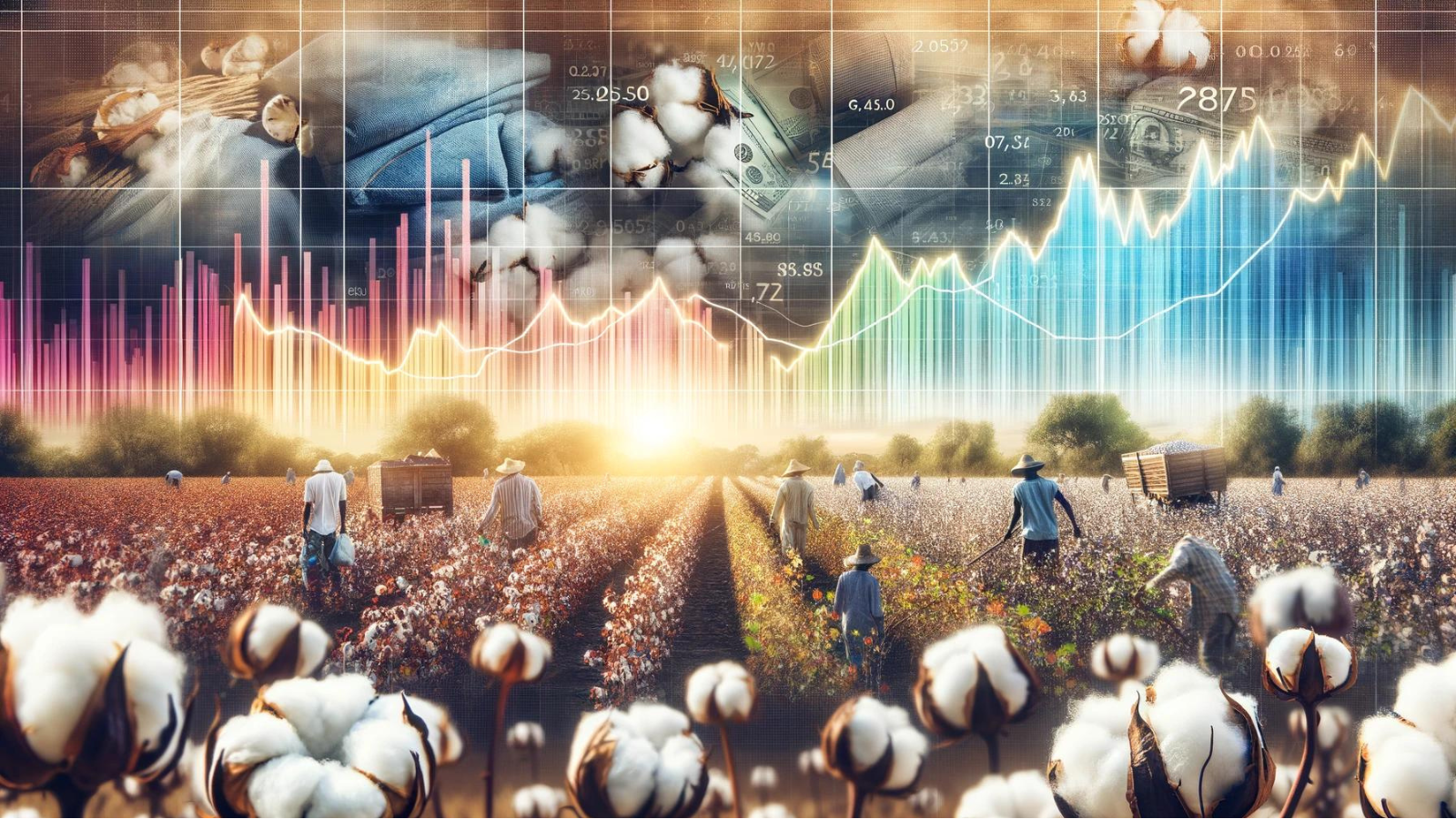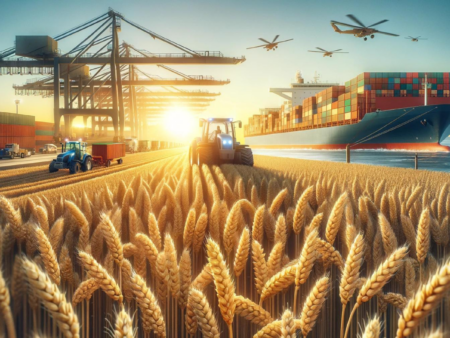
Cotton, often referred to as “white gold,” has been a staple in the textile industry for centuries. Its journey from farm to fashion has witnessed dynamic shifts, impacting global trade and economies. In this article, we’ll explore the resurgence of cotton in the textile commodities market, its role in global trade, and the intricate web of economics that surrounds it.
A Fiber with a Rich History
Cotton’s history dates back to ancient times when it was cultivated in the Indus Valley, Egypt, and the Americas. Its soft, breathable fibers soon gained popularity, making it the textile of choice for clothing, household items, and industrial applications.
Cotton production experienced exponential growth during the Industrial Revolution, with cotton mills springing up across Europe and the United States. However, it also carried the dark legacy of slavery, as cotton plantations relied heavily on forced labor.
The Cotton Boom and Bust
The 19th century witnessed the “Cotton Boom,” a period of unprecedented growth in cotton production driven by technological innovations like the cotton gin. Cotton became a major cash crop in the American South, driving economic prosperity and transforming global trade.
However, the cotton industry was also marked by volatility. The “Cotton Bust” followed the boom, characterized by overproduction, falling prices, and economic downturns. The cotton market’s cyclic nature highlighted the intricate economics of agricultural commodities.
Cotton’s Revival: Technology and Sustainability
In recent years, cotton has staged a remarkable comeback, thanks to technological advancements and sustainability initiatives. Genetically modified cotton varieties, such as Bt cotton, have improved crop yields and reduced the need for chemical pesticides, benefiting both farmers and the environment.
Sustainable cotton farming practices, including organic and Fair Trade cotton, have gained traction. These practices focus on minimizing environmental impact, ensuring fair wages for farmers, and promoting ethical production.
Global Cotton Trade: A Multifaceted Network
Cotton’s journey from farm to fabric spans the globe. Cotton-producing countries like the United States, India, and China play a significant role in its production, but the textile industry relies on a complex global supply chain.
Cotton is traded on international commodity exchanges, with prices influenced by factors such as weather conditions, global demand for textiles, and currency fluctuations. The cotton trade connects growers, ginners, spinners, weavers, and garment manufacturers across continents.

The Economics of Cotton: Price Volatility and Market Trends
Cotton prices are inherently volatile, and subject to shifts in supply and demand. Factors like weather-related crop failures, changes in consumer preferences, and global economic conditions impact cotton prices.
Governments often intervene in the cotton market, providing subsidies and support to farmers. These policies aim to stabilize rural economies, but they can also distort market dynamics and influence global trade patterns.
Cotton in the Fashion Industry
Cotton’s versatility and comfort have made it a favored choice in the fashion industry. From denim jeans to breathable summer dresses, cotton garments are wardrobe staples for people worldwide. The fashion industry’s demand for cotton shapes trade patterns and influences cotton farming practices.
The Future of Cotton: Challenges and Opportunities
As cotton continues its resurgence, challenges and opportunities lie ahead. Sustainable farming practices, technological innovations, and ethical considerations will shape the future of the cotton industry. Balancing economic growth with environmental responsibility will be crucial in sustaining cotton’s comeback.
In conclusion, cotton’s journey from its historical roots to its present resurgence in the textile commodities market is a testament to its enduring appeal and economic significance. Its impact on global trade, coupled with evolving market dynamics, highlights the intricate web of economics surrounding this versatile fiber. As we look to the future, cotton’s role in sustainable fashion and global trade is poised for further transformation, making it an ever-relevant player in the world of commodities.












